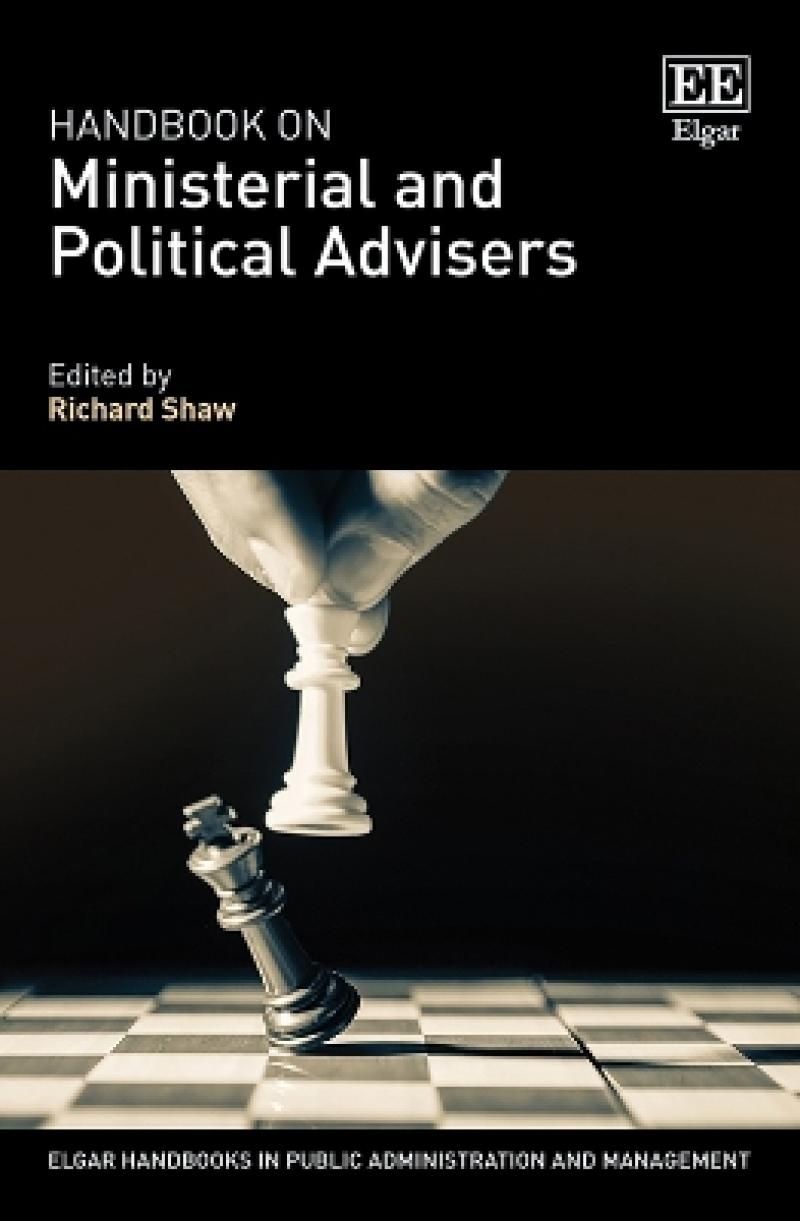<i>‘Shaw has curated a welcome and important contribution to our understanding of Ministerial and Political Advisers. Comprehensive in scope, theoretically and methodologically innovative, and empirically satisfying, this collection has a great deal to offer researchers and practitioners.’</i>
- Helen Sullivan, Australian National University,
<i>‘This is an indispensable guide for scholars interested in how ministerial and political advisers shape public policy. With a clear and accessible style, contributors draw on a broad range of countries to describe the key controversies over the role of advisers and mark the path for new research on this critical topic.’</i>
- Alasdair Roberts, University of Massachusetts, Amherst, US,
<i>‘Fifty years ago they started coming on the scene as scattered and shadowy “assistants”. Now, ministerial and political advisers are ubiquitous and institutionalised in many democracies. Are they indispensable lubricants in executive government, or an annoying and unaccountable force for politicising the public service? This impressive Handbook is the go-to place for state-of-the-art research on who these “powers behind the throne” are, how they operate and what influence they wield.’</i>
- Paul ’t Hart, Utrecht University and Scientific Council for Government Policy, the Netherlands,
<i>‘Drawn together by one of the leading authors in the field, this outstanding collection of articles moves the study of political staff and ministerial advisers several large steps forward. Featuring contributions from prominent international scholars, the Handbook examines the location, content and nature of the high-level political and policy advice which often drives executive action in most contemporary governments. Unlike other work on the subject, the collection is explicitly comparative and its case studies of continental European, Westminster, Scandinavian, American, Asian and Latin American systems, especially, are at the leading edge of research on the subject. It is a must-read for students of executive government worldwide.’</i>
- Michael Howlett, Simon Fraser University, Canada,
With an international approach, a diverse range of expert and emerging scholars perform a thorough sociodemographic analysis of political and ministerial actors across different administrative traditions around the globe. Chapters examine their emergence on the executive stage, the circumstances and various institutional arrangements in which they operate, their contributions as policy workers and their turbulent relationship with the media. Questioning normative stances surrounding corruption in political–administrative relations, this transdisciplinary Handbook provides a constructive, nuanced understanding of the nature and agency of ministerial and political advisers.
Addressing both historical and contemporary matters relevant to ministerial and political advisers, this innovative Handbook will prove vital to students and scholars of politics, regulation and governance, public administration, policy and management, and international politics. With fresh and constructive analyses of the field, it will also be a useful resource for private-sector and governmental practitioners seeking insights into the roles and impacts of these advisers.
